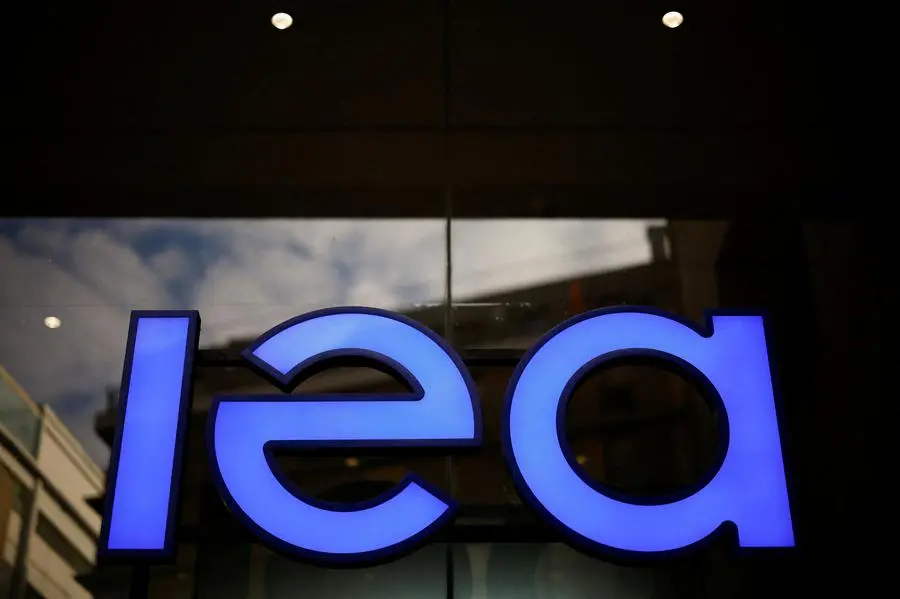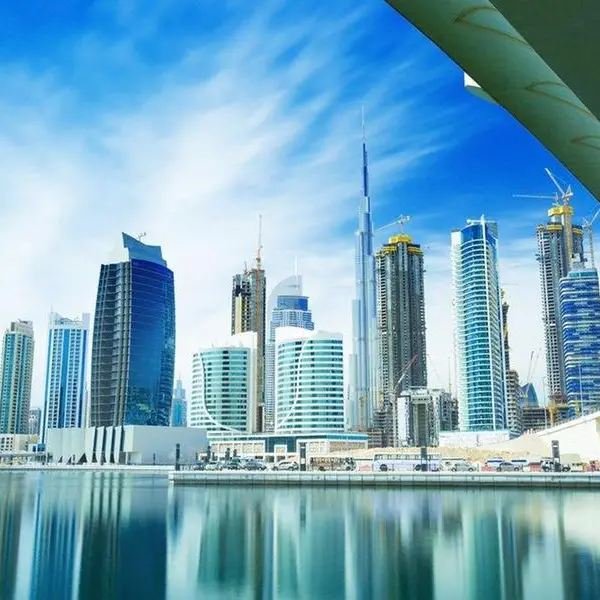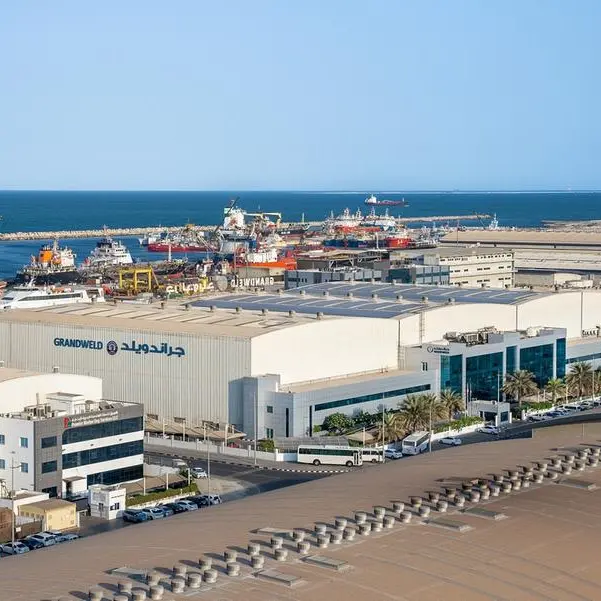PHOTO
PARIS: Speeding up the move to clean energy technologies improves the affordability of energy and can relieve pressures on the cost of living more broadly, according to a new International Energy Agency (IEA) special report released today.
The report, Strategies for Affordable and Fair Clean Energy Transitions, shows how putting the world on track to meet net zero emissions by 2050 requires additional investment but also reduces the operating costs of the global energy system by more than half over the next decade compared with a trajectory based on today’s policy settings. The net result is a more affordable and fairer energy system for consumers.
In many cases, clean energy technologies are already more cost competitive over their lifespans than those reliant on conventional fuels like coal, natural gas and oil. Solar PV and wind are the cheapest options for new generation. Even when electric vehicles, including two-and three-wheelers, have higher upfront costs, which is not always the case, they typically result in savings due to lower operating expenses. Energy efficient appliances such as air conditioners provide similar cost benefits over their lifetimes.
However, realising the gains of clean energy transitions hinges on unlocking higher levels of upfront investment. This is especially the case in emerging and developing economies where clean energy investments are lagging due to real or perceived risks that hinder new projects and access to finance.
Moreover, distortions in the present global energy system in the form of fossil fuel subsidies favour incumbent fuels, making investments in clean energy transitions more challenging. Governments worldwide collectively spent around $620 billion in 2023 subsidising the use of fossil fuels – far more than the $70 billion that was spent on support for consumer-facing clean energy investments, according to the IEA report.
“The data makes it clear that the quicker you move on clean energy transitions, the more cost-effective it is for governments, businesses and households,” said IEA Executive Director Fatih Birol. “If policy makers and industry leaders put off action and spending today, we will all end up paying more tomorrow. The first-of-a-kind global analysis in our new report shows that the way to make energy more affordable for more people is to speed up transitions, not slow them down. But much more needs to be done to help poorer households, communities and countries to get a foothold in the new clean energy economy.”
The report sets out a series of measures, drawing on proven policies from countries around the world, that governments can deploy to make clean technologies more accessible to all people. These include delivering energy efficiency retrofit programmes to low-income households; obliging utilities to fund more efficient heating and cooling packages; making highly efficient appliances more readily available; providing affordable clean transport options, including more support for public transport and second-hand EV markets; replacing fossil fuel subsidies with targeted cash transfers for the most vulnerable; and using carbon price revenues to tackle potential social inequities that may arise during energy transitions.





















